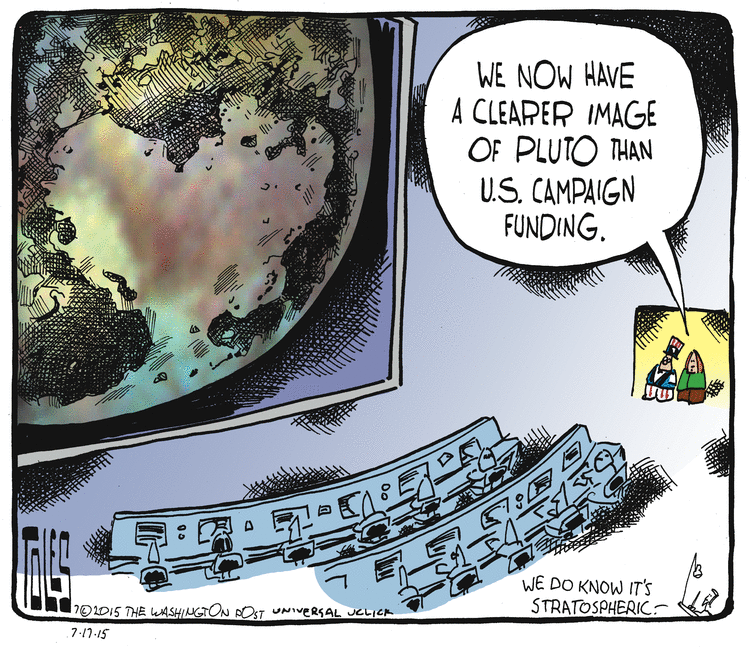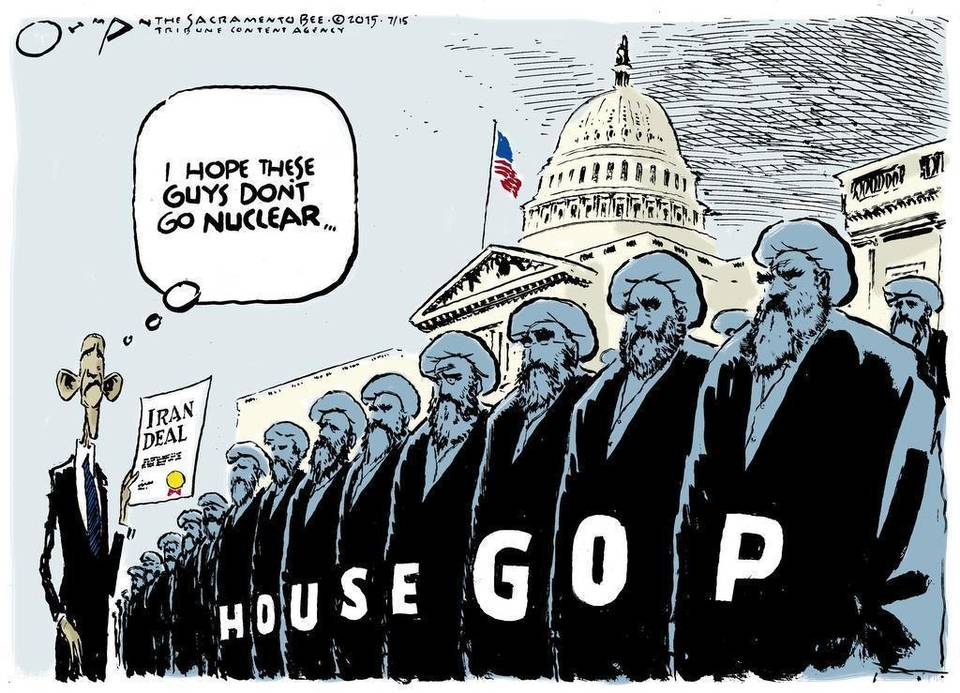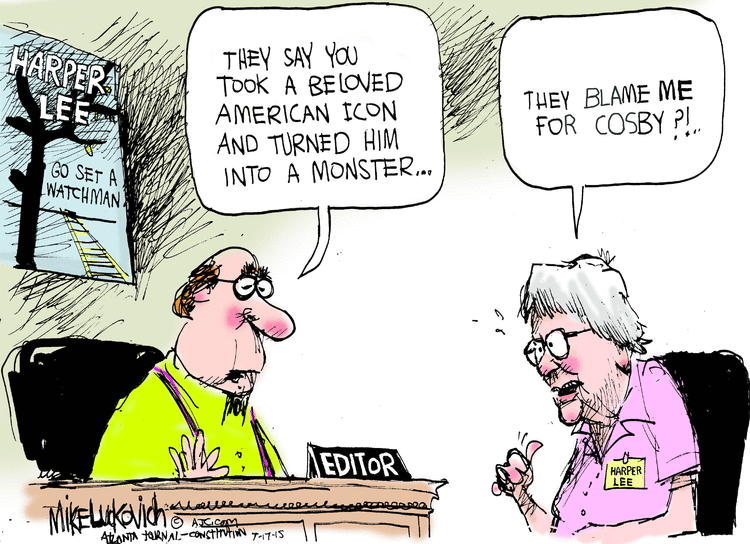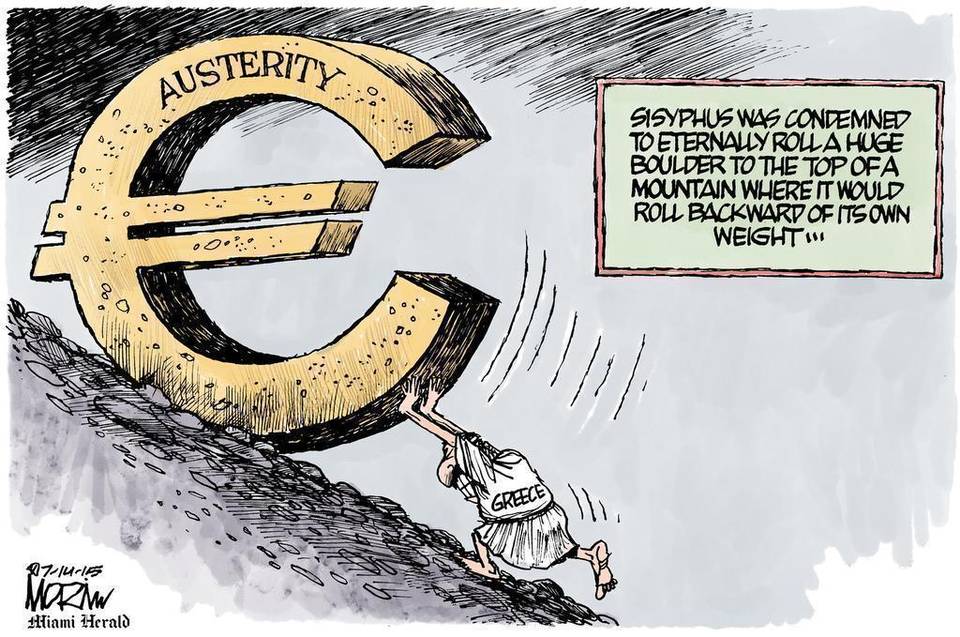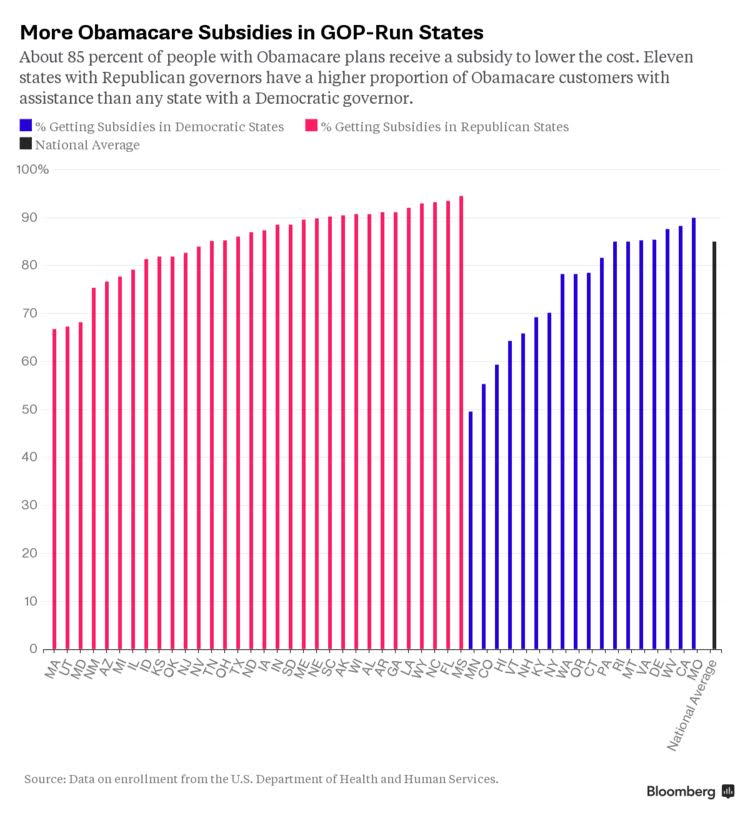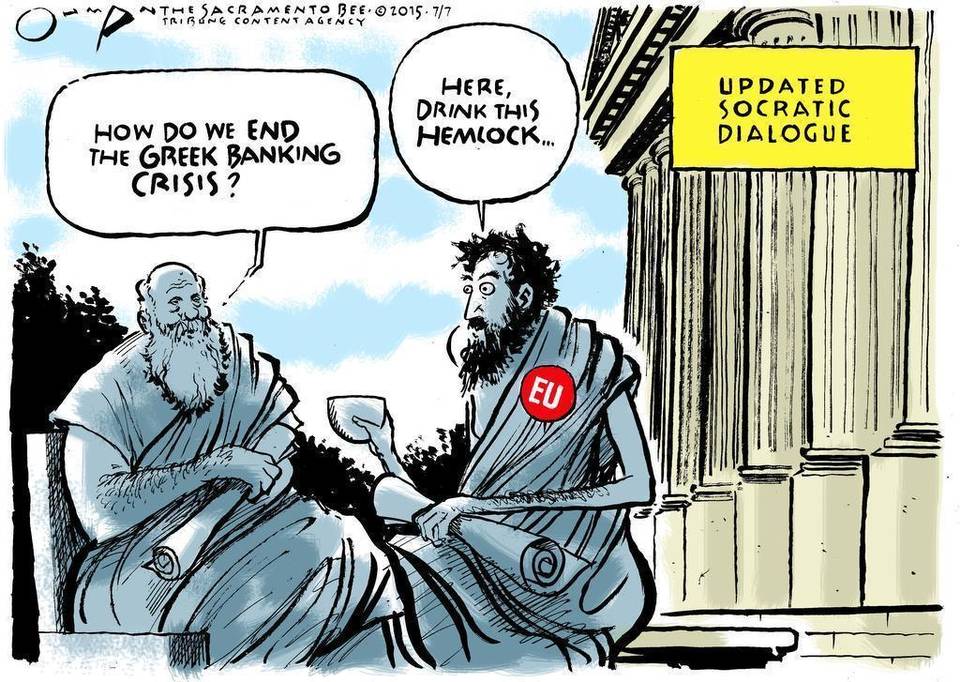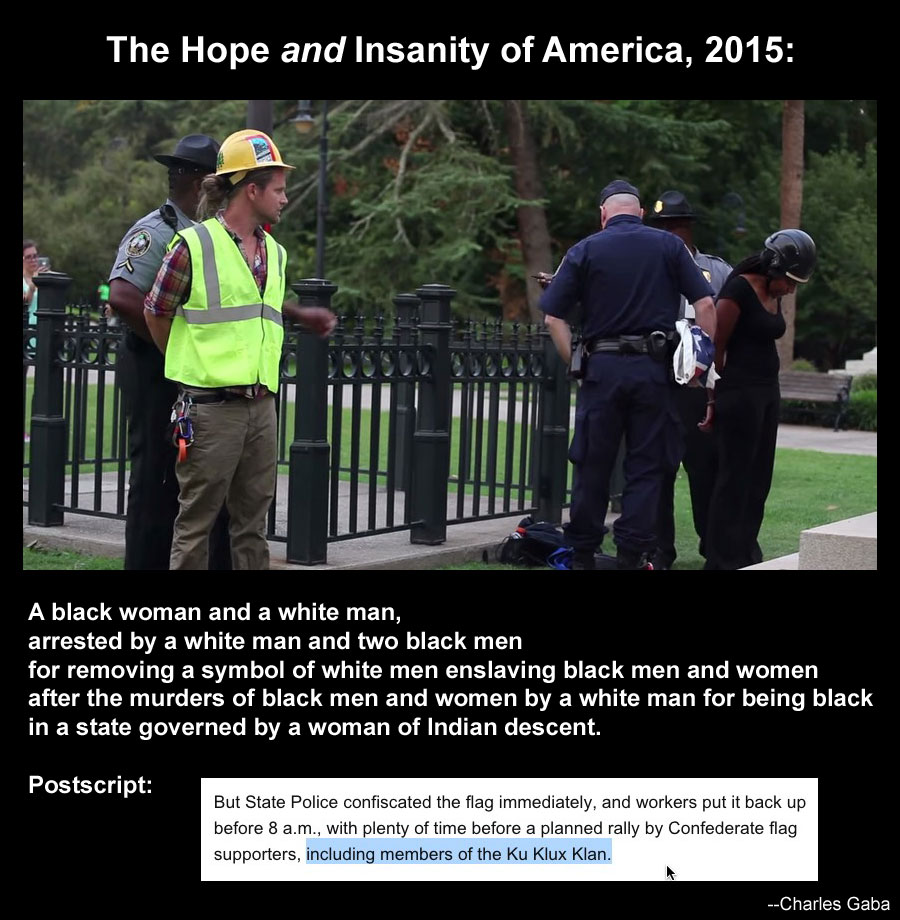The Wrongologist is like many who tried to read “Gravity’s Rainbow” by Thomas Pynchon back in the day, and could not finish it. However, there is a wonderful thought in the book: “If they can get you asking the wrong questions, they don’t have to worry about answers.”
That thought describes the campaign by those who are against the Iran deal. Get people thinking about anything but the deal, and there is a good chance it will not be approved in Congress.
But this isn’t only a US-Iran deal. Our Congress can’t derail the deal, it can only nullify US participation in it. If that happens, we will be the ones left out. For more than a decade, Iran has been near the top of our Middle East agenda. Along the way, the risks inherent in Iran’s nuclear program have been inflated, in part because it helps drive the prevailing Western view of Iran as a rogue state; in part, because it was crucial to the sanctions regime that the Western countries constructed, and ideally, it might have helped to topple the regime.
This view prevails today in Israel and Saudi Arabia as well as among Washington’s neo-cons, all of whom see Iran as the major source of disorder in the region.
Before getting bogged down in the debate about the deal, stop and appreciate the single most important accomplishment here. We live in a world where nuclear weapons are easy to develop or to purchase, which is a huge potential problem. We must have a non-proliferation program that the international community agrees on and will make every effort to enforce.
What’s key in the Iran deal is that the world united to say that it’s very important that we don’t sit back and do nothing while new countries get nuclear weapons. In this sense, the accomplishment isn’t really specific to Iran. The most significant thing is that we can agree that non-proliferation is the goal, and come together to prevent the spread of nuclear weaponry. If Turkey or Saudi Arabia decide tomorrow that they want a nuclear weapons program, there will be a credible system in place to deter them.
And if blocking Iran from making a nuclear bomb was the real goal, this deal offered the best choice. Despite what Netanyahu and American chicken hawks believe, we cannot eliminate their nuclear program by bombing Iran. The West cannot invade Iran and succeed with that goal. either. If you take Netanyahu and the neo-cons at their word, sanctions won’t work.
So, it is not surprising that the deal’s opponents offer NOTHING as an alternative.
Time will tell if the deal delivers on what it’s supposed to do. Iran has been an implacable foe of the US (and vice-versa) for 36 years, and that isn’t going to change overnight. But there is the real potential for a thaw in the hostile relations between our two countries, and this makes Israel and our (Sunni) Arab friends and enemies very uncomfortable. This deal also gives us a chance to take a look at the mess in the ME within a new paradigm. The old paradigm has not worked. It created a hole so deep that the region is at risk of never being able to crawl out of it.
While our traditional allies are understandably anxious, they’ve come by their anxiety honestly. And, if we take Einstein’s definition of insanity being the belief that doing the same thing over and over again will give you a different result, then our allies and their friends in Congress are insane.
The most prominent arguments against the deal aren’t really arguments at all. The people making them don’t like the deal because they don’t like Iran, and because the deal has some upside for Iran. That is, of course, the nature of deal-making. The chicken hawks don’t want to come out and say they oppose diplomacy in all forms and simply want a war with Iran, so we get their reframing and bluster instead.
Peacemaking has risks. War also brings risk.
The one lesson Americans never ever seem to learn is probability assessment. Our politicians always lock into one factor they are sure will predict the future with certainty.
Well, it’s time for them to grow up. If the Iran deal is a curtain, it is a deal that allows us a good amount of time to figure out what’s behind the curtain.
Behind every curtain is another curtain, the future, and nobody knows what’s back there. So, wake up Congress, debate the deal, but approve it.
Here to help wake them up is #3 in our songs of summer series, here is “Summertime” by Janis Joplin from 1969:
If your daddy’s rich and your mama’s good lookin’, you better not cry.
If you read the Wrongologist in email, you can see the video here.


